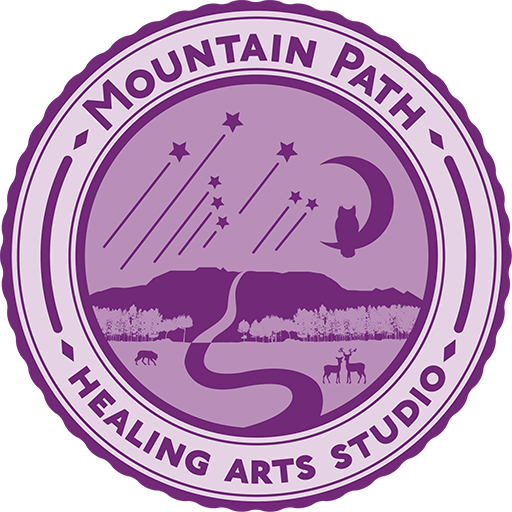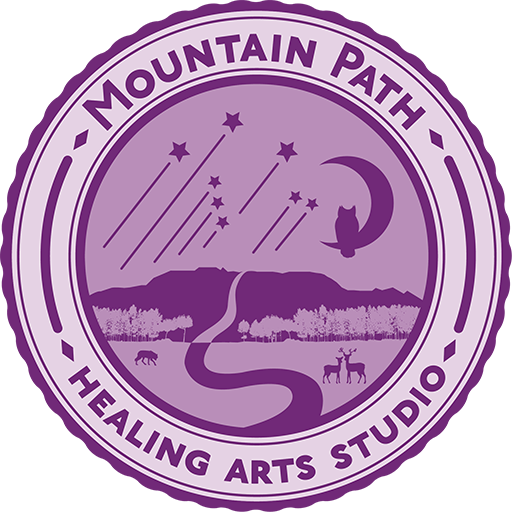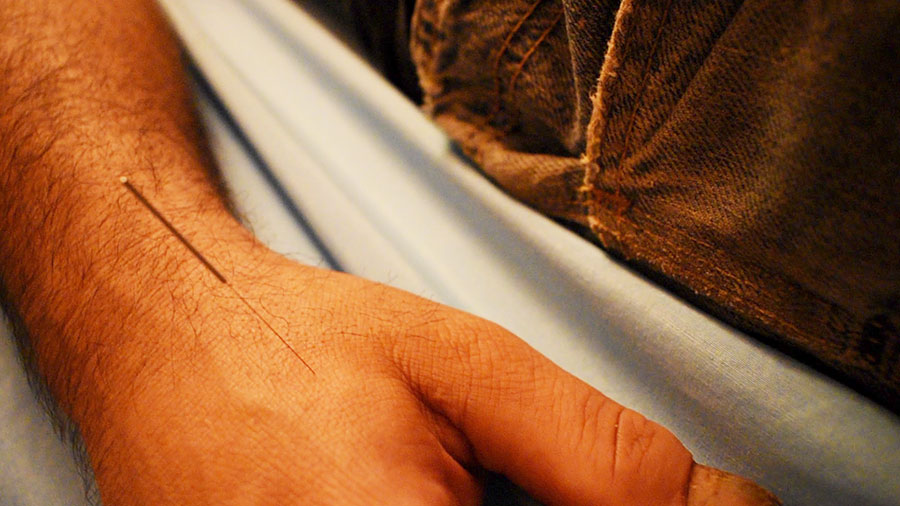Acupuncture
What is acupuncture? a natural healing technique which regulates the flow of vital energy (Qi) through stimulation of fine needles. Acupuncture encourages the body’s natural healing abilities. Imagine the human body like a 3D road map. This complex system of roads ensures that enough blood and energy (Qi) get to all the different parts of the body from the top of the head to the ends of the toes, from the deepest organs to the surface of the skin. Acupuncturists identify where these roads need to be repaired or where there is congestion and insert fine, sterile needles into the acupuncture points to correct the problem and allow the free flow of traffic (Qi and blood). In scientific terms, acupuncture improves circulation, stimulates the immune system, promotes healing, and modulates pain.
Acupuncture has been proven to be a safe and effective treatment for a wide range of conditions including headaches, arthritis, nausea, menstruation issues, and emotional disorders.
Do acupuncture needles hurt? In the hands of a skilled practitioner (like us!), the extremely fine (about the size of a hair/kitten whisker), disposable, single-use surgical steel needles are rarely felt entering the skin. You may feel sensations such as distention, warmth, pressure, or numbness as the needle reaches the correct depth.
What should I expect after an acupuncture treatment? Initially, when you begin your treatment, you may feel tired or sleepy. These reactions should not be a cause for concern, rather, they usually indicate that your body is responding to the treatment and trying to achieve a proper and healthy balance.
How many treatments will I need? Because each person is unique, the number and frequency of treatments will vary. Also the nature of your illness, the length of time you’ve had the condition, your general state of health and vitality, and your overall response will all contribute to your individual treatment plan.
After your initial consultation, we’ll set out a treatment course with the number and frequency of visits. Along the way, we check in to see how it’s going and if any adjustments need to be made. For simple, acute problems this might be enough. You will reassess your treatment plan with your practitioner after this first course of treatments.
Often we will combine acupuncture with other modalities such as infrared heat lamps, hydrotherapy, cupping, and moxibustion.
You may be given exercises, stretches, and breathing meditations, and dietary guidelines to incorporate at home which will enhance your progress.
How long will the effects last? In general, often when people respond well to acupuncture they retain their improvement for months or maybe even years after the initial course of treatment. For those people whose symptoms reappear, only a few additional treatments will be necessary to regain the experience of improved health. For best results, it is advised to continue treatment as you begin to feel better. Ask your acupuncturist about a maintenance plan that will meet your individual needs.
What types of conditions might benefit from acupuncture?
- Pain syndromes: back, neck, shoulder, knee, sciatica, arthritis
- Gastrointestinal disorders: constipation, diarrhea, gastritis, ulcers, acid reflux, nausea from chemotherapy
- Metabolic imbalances
- Side effects from pharmaceutical medications
- Neurological disorders: paralysis, numbness
- Stress-related syndromes: migraines, anxiety, depression, insomnia, PTSD
- Gynecological disorders: menstruation disharmony, menopause
- Heart problems: high blood pressure, palpitations, high cholesterol
- Sexual dysfunction: impotence, premature ejaculation
- Substance use
- Soft-tissue injuries
- Allergies and immune system deficiencies
- Temporomandibular joint syndrome (TMJ)
- Skin problems: eczema, psoriasis
- Sleep
HOURS
MONDAY, TUESDAY, THURSDAY, FRIDAY
10AM - 6PM
WEDNESDAY, SATURDAY, SUNDAY
CLOSED
CONTACT
PHONE
+1 (615) 274-8500


